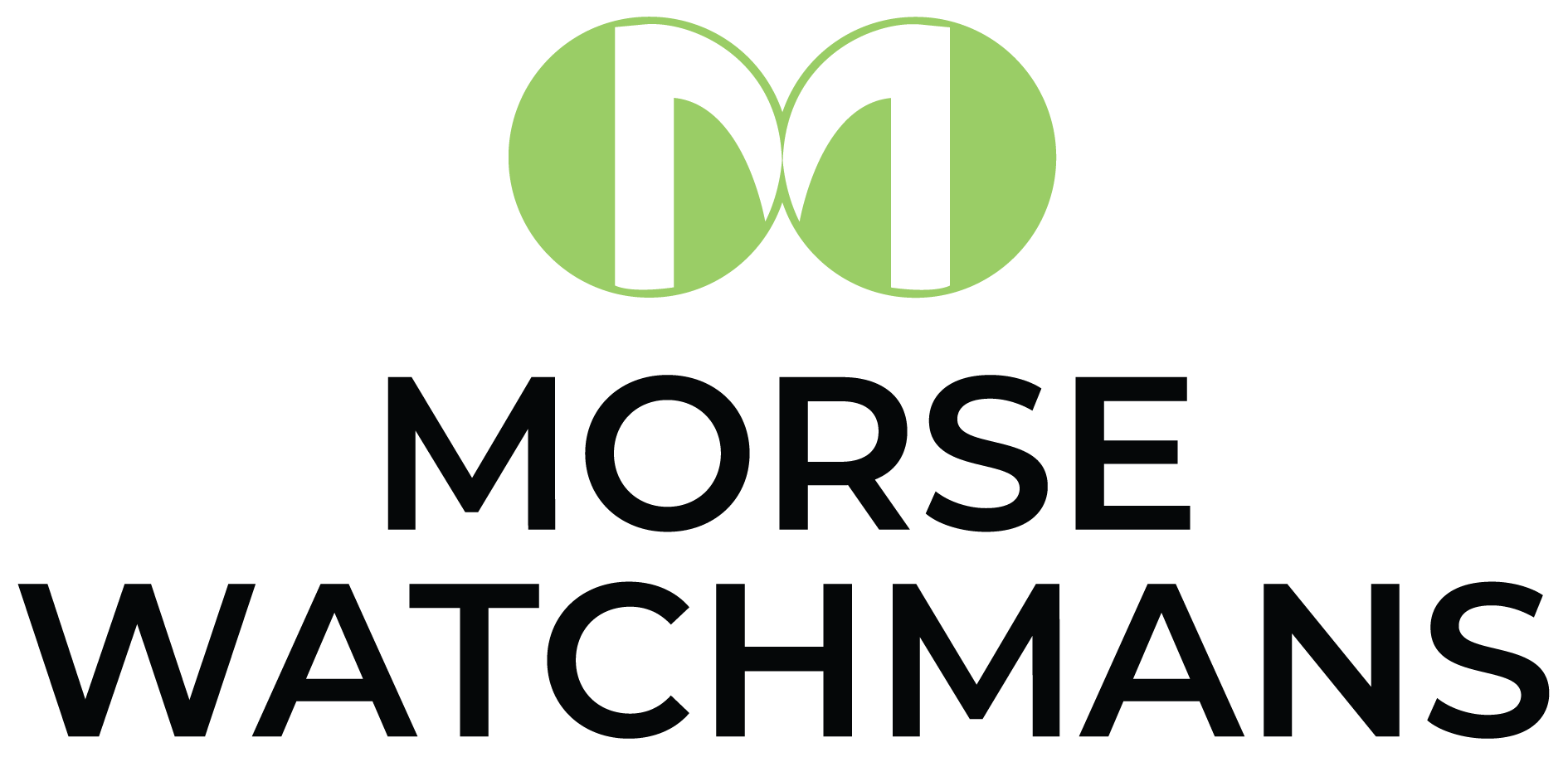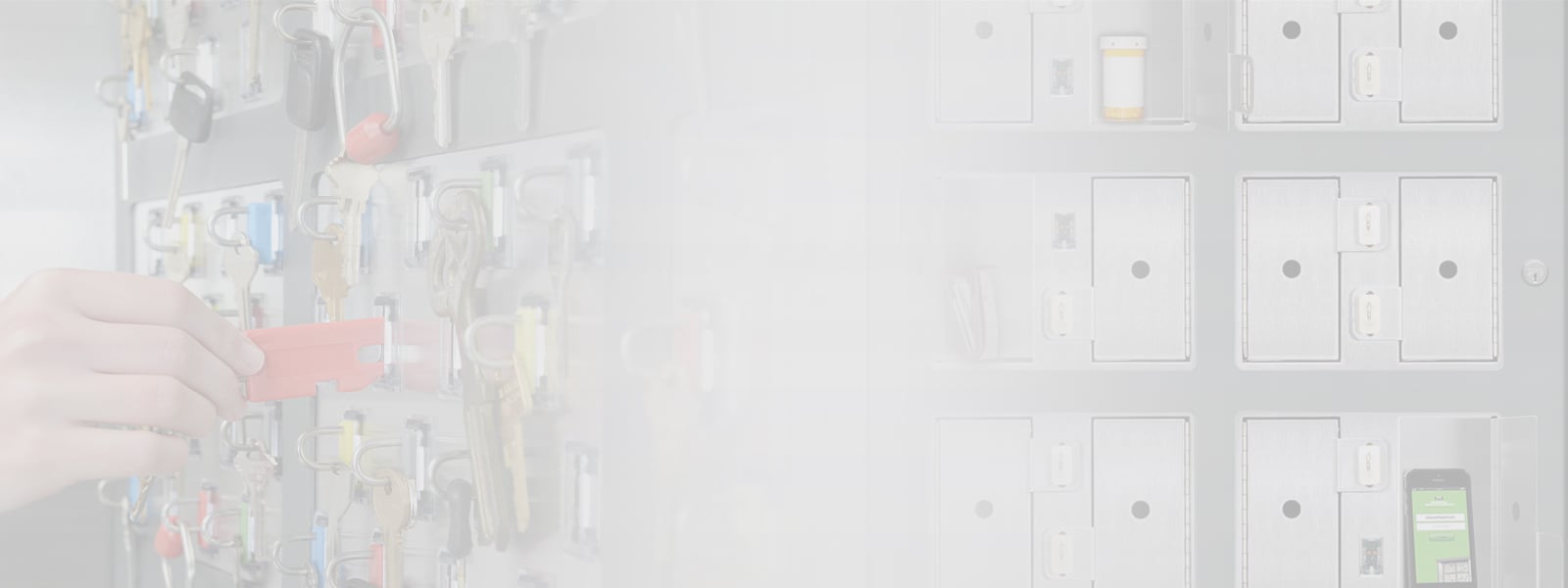A number of recent articles have put forth the proposition that the password as a security measure is dead. The reasons listed are many, including how easily they are forgotten, the password is weak or easily guessed and how quickly cyber criminals can get around them. Not mentioned in these articles but posing a similar challenge is the use of PINs or smart cards as security measures.
What all of these security procedures have in common, and their biggest drawback, is the lack of identity authentication. There is no way to prove (other than images from a video surveillance camera) that the individual entering the PIN or accessing a door is the actual individual to whom the PIN or card was assigned.
Biometric identification such as a fingerprint is an easily implemented solution that can verify an individual’s identification. Given the difficulty of falsifying biometric information, fingerprint technology is being implemented in a growing number of security systems, including key control and asset management systems.
Key inventory systems are designed to securely store both mechanical and plastic key cards in a tamper-proof cabinet and allow access only to authorized users. For high security applications such as prisons, airports or data centers, biometric verification can be combined with other credentials to add another layer of security. Compact, easy to use fingerprint readers integrate seamlessly into the front panel of a key cabinet and most often work on a Windows platform. To access the key cabinet, an individual simply places their finger over the reader to verify the credential. If the information matches that data stored in the system, the key cabinet can be opened and a particular key removed/returned.
As security systems continue to evolve to counter cyber and conventional crimes, verifying individuals via biometrics will become the norm.
Contact one of our experts for more information today on credential options for key inventory systems.



